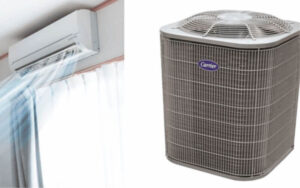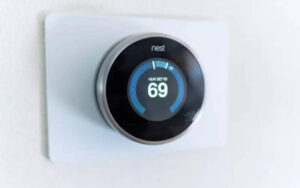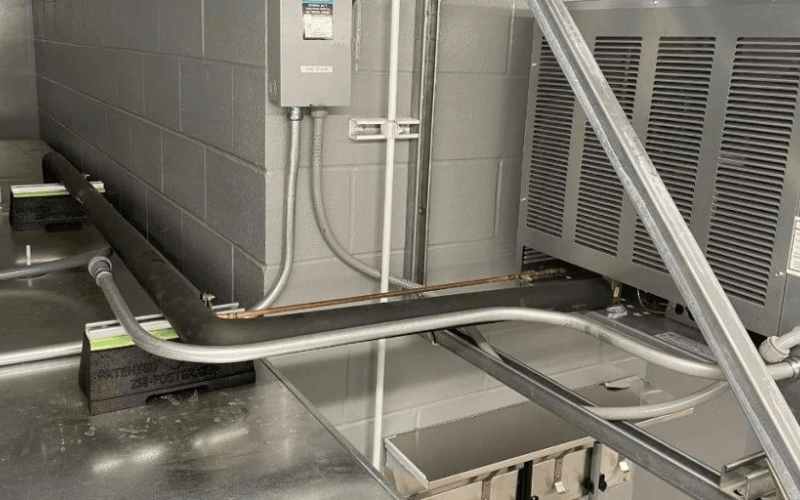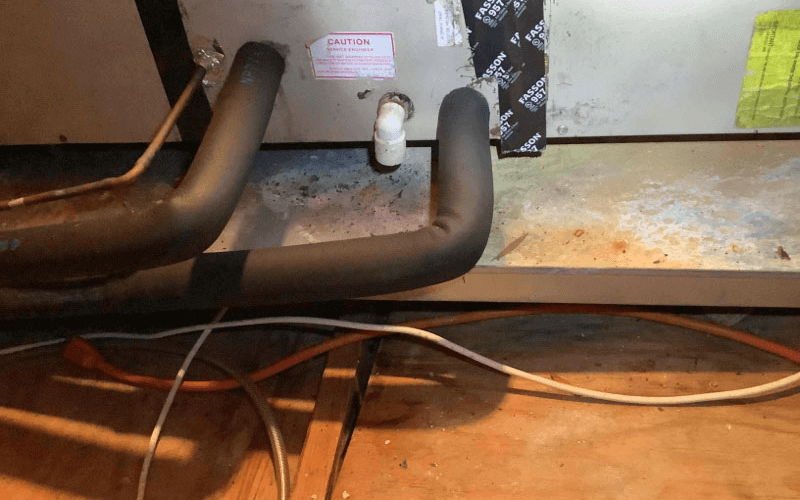You’ll want to know if you’re getting the most energy-efficient, cost-effective option when shopping for a new water heater. There are several water heaters, but hybrids and instant water heaters are some of the more energy-efficient options. Discover the distinctions between these two heaters and compare the savings.
The distinction between an instant water heater and a hybrid water heater. Not all water heaters are created equal. There are numerous distinctions between instant and hybrid water heaters, including installation costs, operating costs, and energy efficiency. Even so, deciding which type of water heater to install is difficult.
Here are the specifics for each type of water heater to help you understand your options.
Table of Contents
ToggleTraditional Water Heaters in Storage Tanks
Before delving into the features and advantages of instant and hybrid water heaters, it is necessary to distinguish them from traditional storage water heaters. A typical water heater is either gas or electric, with a storage tank ranging from 20 to 50 gallons. They are inexpensive to buy and install but have high energy costs. Tankless water heaters and hybrids are the better options for efficiency, operating costs, and environmental impact.
What Exactly Is A Fast Water Heater?
Natural gas or electricity are used to power instantaneous water heaters. Because no tank is filled with hot water, these are also known as “on-demand” water heaters. Instead, water is heated only when it is required. Water heaters are energy efficient and aid in water conservation.
Another advantage of water heaters is their small size. They are quite small in comparison to other options. The majority of them are carry-on size and can be mounted on the walls of a utility room or garage. It is ideal for small homes because it does not require much space to function.
Water heaters typically heat 2 to 5 gallons of water per minute. This is usually sufficient to keep hot water on hand for daily needs. Every day, the average homeowner uses 84 gallons of water. Instantaneous water heaters easily meet this demand.
What Exactly Is A Hybrid Water Heater?
Hybrid water heaters are an entirely different beast. When using an electric water heater, hybrid heating is the best option. These water heaters do not use natural gas or propane; they are powered by electricity.
A hybrid water heater has a storage tank like a traditional standard water heater. The way the water is heated is what distinguishes them. Instead of producing heat, a hybrid water heater transfers heat from the surrounding air to a converter, using a heat pump to heat water.
Because they get their heat from the ambient air, these water heaters should be kept in a large utility room in your home’s air conditioning area. Let’s compare instant and hybrid water heaters now that you know what they are and their characteristics.
Tankless Water Heaters vs. Hybrids Comparison
When selecting a new water heater, four major factors must be considered: performance, energy efficiency, operating costs, and installation costs. We compare instant water heaters and hybrids by breaking down these elements.
The Energy Efficiency Of A Water Heater
Hybrid and instantaneous water heaters use far less energy than traditional storage water heaters. Tankless water heat energy by heating water only when needed rather than maintaining a constant temperature in the tank. Hybrids save energy by extracting heat from the air and using a pump to heat the water. In other words, it produces no heat. The most energy-efficient water heaters are those that produce no heat. However, this does not always imply lower operating costs.
Instant Water Heaters And Hybrid Heating Have High Operating Costs.
The operating costs of instant and hybrid water heaters vforng on the fuel. If you only have electricity, you must choose between a tankless and a hybrid water heater. Because the hybrid does not generate heat in this case, the operating costs are lower.
However, if you have a gas connection and can use a gas water heater, using the water heater every day will be less expensive. Natural gas is generally cheaper than electricity. In addition, instantaneous water heaters use less energy than storage water heaters.
The operating costs of the two types of water heaters are nearly identical. A hybrid water heater’s average annual feature cost is around $1. Instantaneous water heaters easily meet this demand. Of course, the costs can be prohibitively expensive if you have a large family.
Installation Fees For Tankless And Hybrid Water Heaters
Depending on your equipment, the cost of installing a hybrid or instantaneous water is very low. A hybrid water heater lines the unit like a traditional standard water heater. If a hybrid water heater is required, it should be installed in a well-ventilated area. This could imply powering another part of your house.
The actual water in the heater and its basic installation costs are in addition to these potential installation costs. The average price of these water heaters is approximately the same. Tankless water heaters cost around $16; hybrids cost about $1660.
Conclusion
As can be seen, both instant and hybrid water heaters are extremely energy efficient, cost-effective, and environmentally friendly. A hybrid may be the best option if you only have an energy-efficiency water heater and your open space. On the other hand, a tankless water heater is usually preferred if you have gas fuel, are limited in space, and want to save water.
If you’re not sure which type of water heater is best for your home, we’ll provide you with the information you need to decide; the costs can be prohibited price expensive if you have a large family of hot water.
In addition, unlike a tankless system, the hybrid heater has a reservoir that is always full of water, ensuring you never run out of hot water.
FAQs
Is it worthwhile to invest in a hybrid water heater?
Hybrid water heaters are extremely energy efficient, saving homeowners up to $470.00 per year on water heating costs compared to a standard electric water heater!
What are the disadvantages of a tankless water heater?
The main disadvantage of tankless water heaters is that they are significantly more expensive to purchase (unit and installation) than tank-style heaters. On average, tankless water heaters cost three times as much as tank-style water heaters, including installation.
Is a hybrid water heater superior to a tankless water heater?
When it comes to space, tankless triumphs over hybrid; in warmer climates, hybrid units can draw heat from the air and heat water with very little energy. Furthermore, the energy savings from both systems outperform and outlast traditional water heaters.





















